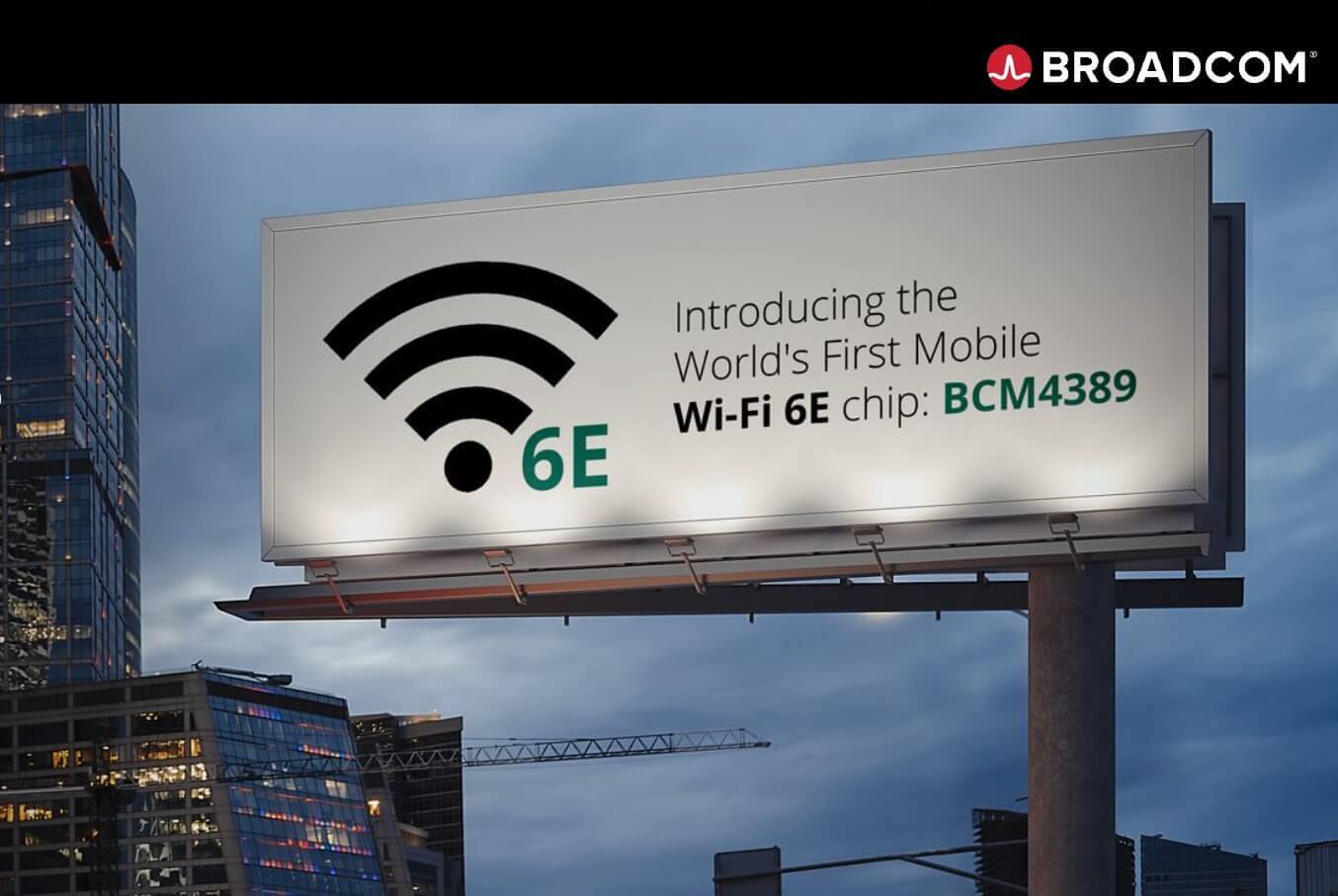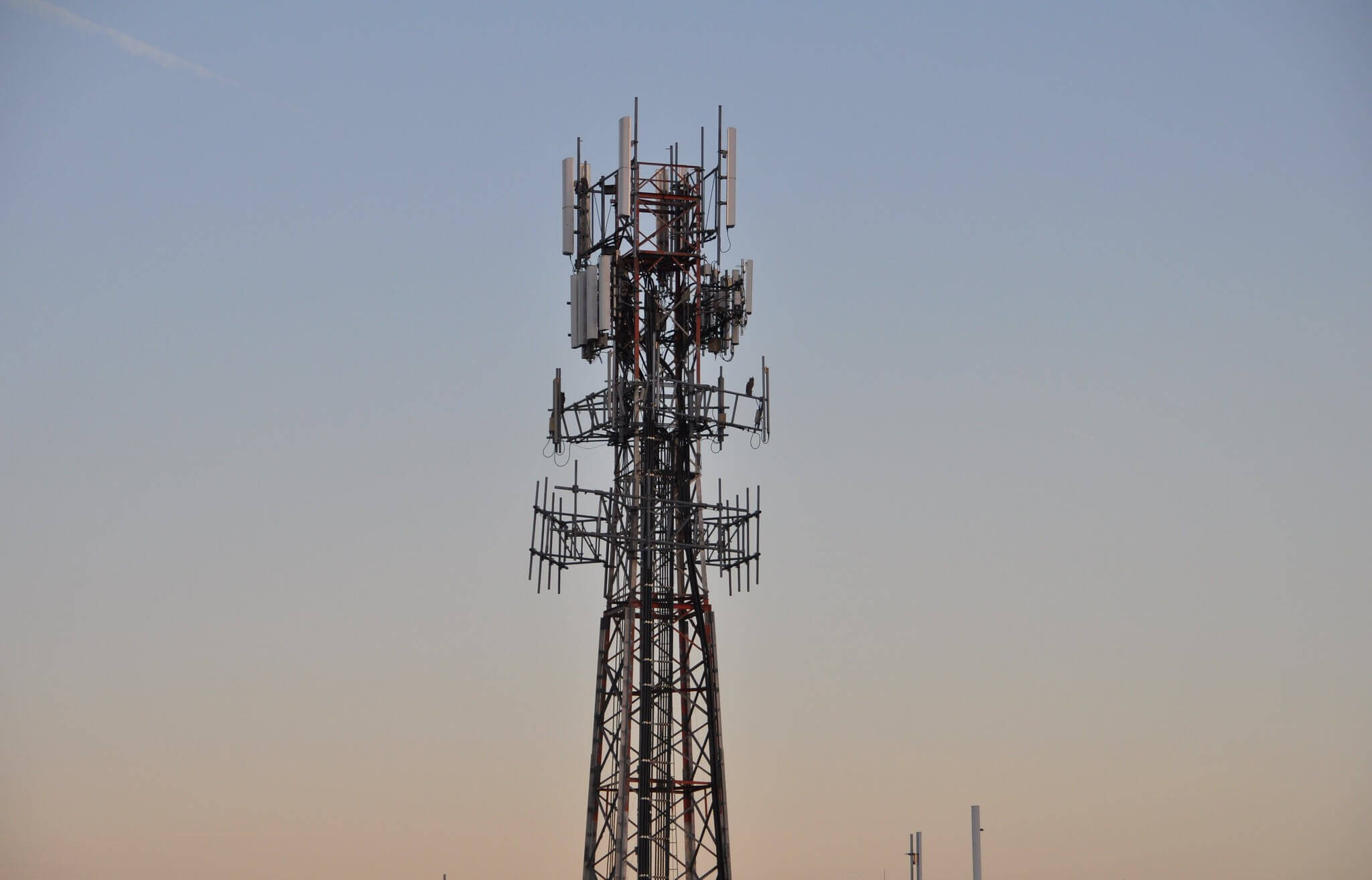Why it matters: Google wants to secretly test a 6GHz network in multiple cities and towns across 17 states. The company has asked the FCC for permission to conduct the experiment, which could be related to a future internet service under the Google Fiber Webpass banner.
Businesses Insider spotted a batch of FCC filings from Google, revealing it wants to experiment with the 6GHz spectrum to "produce technical information relevant to the utility of these frequencies for providing reliable broadband connections." The company wanted the information in the document redacted, stating that "if subject to public disclosure, would cause significant commercial, economic, and competitive harm."
The tests are expected to take place over 24 months "without harmful interference to other authorized users" in 26 cities and towns across 17 states: Arizona, California, Colorado, Florida, Georgia, Illinois, Iowa, Kansas, Nebraska, Nevada, New York, North Carolina, Oklahoma, Oregon, Texas, Utah, and Virginia. California will be home to seven of the planned test cities, which include San Francisco and Los Angeles.
Back in April, the FCC unanimously voted to open a large chunk of radio spectrum in the 6GHz band for unlicensed use---the biggest spectrum addition since it cleared space for Wi-Fi in 1989. The new rules make 1,200 MHz of spectrum available for Wi-Fi and will authorize two use cases for unlicensed operations within that space.

Opening up the band paves the way for the Wi-Fi 6E standard. The 6GHz spectrum should offer faster Wi-Fi than 5GHz connections, but it is limited to shorter distances. Google's plans for 6GHz could extend beyond internet services, such as vehicle-to-vehicle connections, but the mention of "broadband connections" hints at its wireless internet ambitions.
